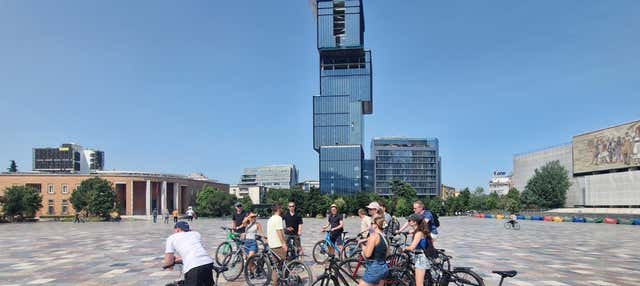
Tirana Bike Tour
Join us to discover Albania's interesting past as we cycle through the Tirana's most iconic landmarks on this fun-filled bike tour.

With pristine beaches, historic cities, and breathtaking mountains, Albania is a destination full of surprises. The capital, Tirana, is the main gateway for travelers, offering a mix of history and modern energy. Visit Skanderbeg Square, home to museums and historic buildings, or admire the impressive Namazgah Mosque, the largest in the Balkans.
Beyond the capital, southern Albania is known for its stunning coastline, often called the Albanian Riviera. This region is dotted with charming villages and crystal-clear beaches that rival those of the Mediterranean. History lovers will be captivated by Berat, the 'City of a Thousand Windows,' a UNESCO World Heritage Site, while Durrës boasts a remarkable 2nd-century Roman amphitheater.
From a guided tour of Tirana to a boat trip to the beaches of Ksamil, there are endless ways to explore Albania. Step back in time at the Butrint National Park, home to 3,000-year-old archaeological ruins, or simply relax in the serene landscapes of this unspoiled Balkan gem.

Join us to discover Albania's interesting past as we cycle through the Tirana's most iconic landmarks on this fun-filled bike tour.
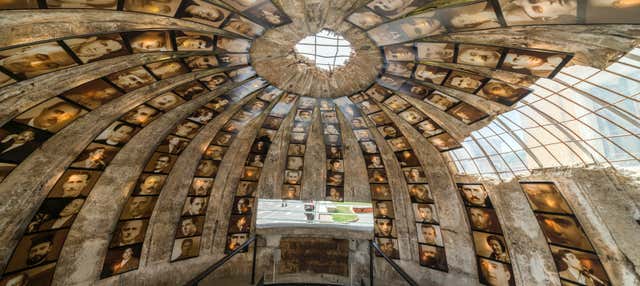
On this tour of communist Tirana, travel back in time to learn about the city's history at must-see places like Bunk'Art 2 and the Secret Surveillance Museum.
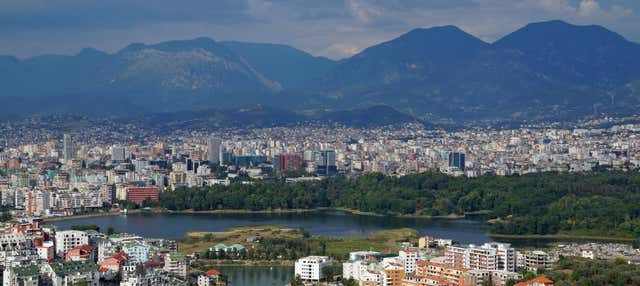
Explore the enchanting capital of Albania and discover its iconic landmarks with this free walking tour of Tirana. Don't forget your camera!
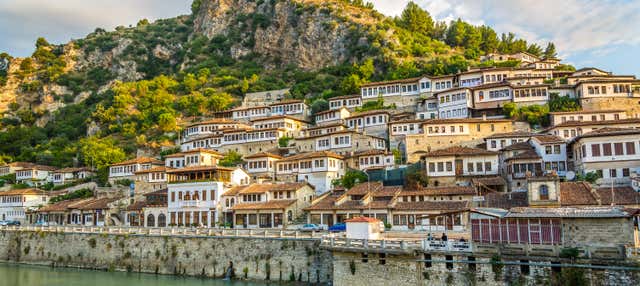
This free tour of Berat is perfect for getting to know the essentials of the Albanian city. You'll explore its most famous districts and monuments!

On this pub crawl, we'll enjoy a fun party tour in Tirana visiting the most popular bars in the capital – a great way to experience Albanian nightlife!
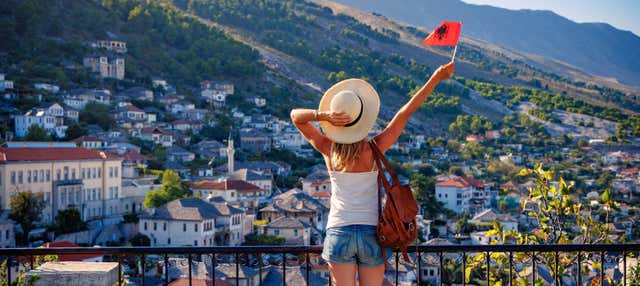
On this free tour of Gjirokastër, we'll discover the charms of this beautiful city as we walk through its cobbled streets and landmarks.
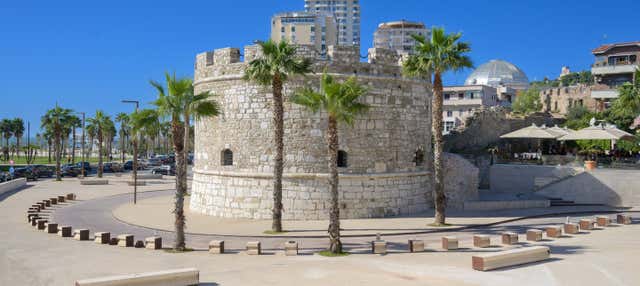
On this free tour of Durres, we'll take you to discover the charms of this beautiful city located on the shores of the Adriatic Sea. Not to be missed!
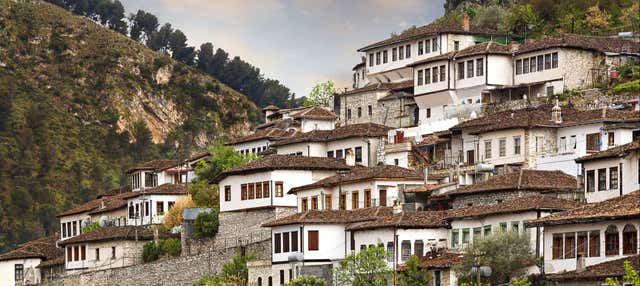
On this tour of Gjirokastër , we'll discover the art, history, and architecture of this beautiful southern Albania city that was declared a World Heritage Site!
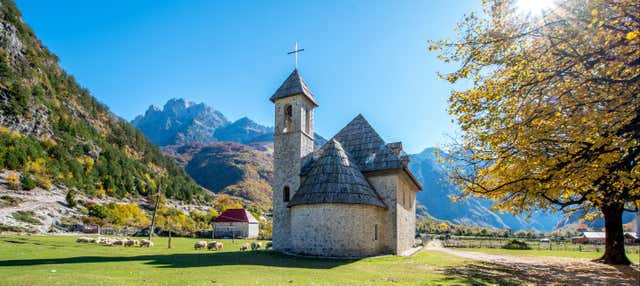
Discover a haven of peace in the Albanian Alps on this excursion to Theth. We'll explore the small village and enjoy the beautiful natural surroundings.
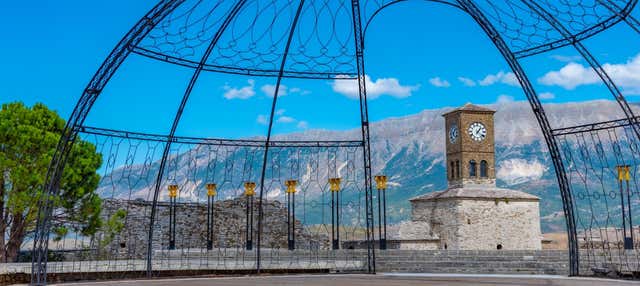
Explore the old city of Gjirokastër on this excursion from Saranda. We'll visit its castle and museums as we learn about the history of this area of Albania.
Albania is located in southeastern Europe, on the Balkan Peninsula. It borders Montenegro, North Macedonia, and Greece, and it also boasts coastlines along the Adriatic and Ionian Seas.
Albania is generally considered a safe destination for travelers. The country has made significant improvements in security and infrastructure over the past few years, and visitors typically enjoy a welcoming atmosphere along with beautiful landscapes and rich cultural heritage. As with any travel destination, it's wise to take standard precautions such as safeguarding personal belongings and staying informed about local conditions through travel advisories.
Any time of year is good for visiting Albania. That said, the temperatures are warm and pleasant from May through September, making it perfect for enjoying the coast and the Albanian Riviera. Alternatively, autumn is ideal for exploring cities and mountains with fewer crowds.
The official currency is the Albanian lek, though the Euro is sometimes accepted in tourist areas.
Visa requirements for Albania depend on your nationality. Many travelers, including U.S. citizens, Canadians, and most European Union nationals, can enter Albania without a visa for short stays—usually up to 90 days within a 180-day period—for tourism purposes. However, citizens of certain countries must obtain a visa prior to arrival. It's important to verify the specific requirements for your nationality by consulting the nearest Albanian embassy or consulate or checking official government websites, as policies may change.